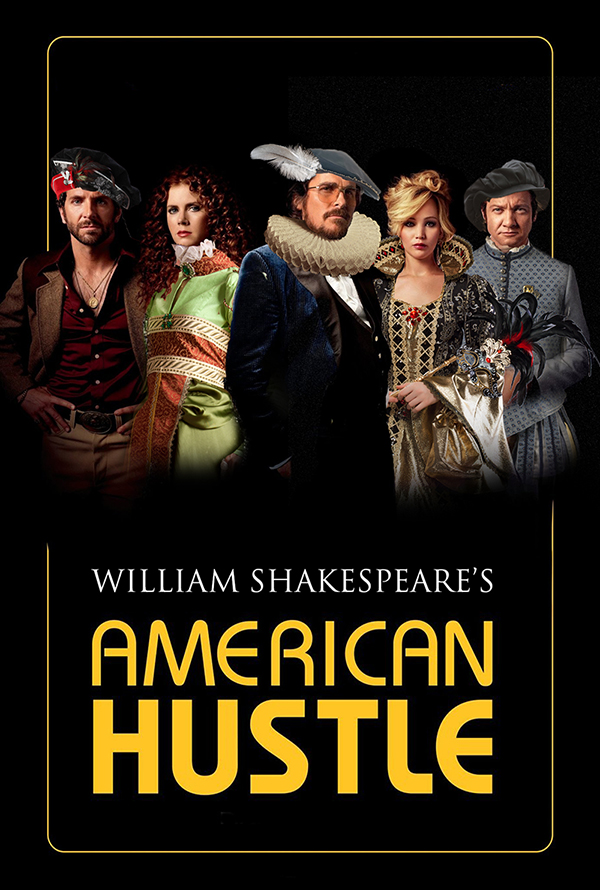Five of My Favorite Shakespeare Books
Happy birthday, Will!
Shakespeare turns 448 years old today. What better way to celebrate the Bard’s birth than with one of these excellent books?

Shakespeare’s Love Sonnets: I bought this gorgeous book of Shakespeare’s sonnets for a friend and then kept it for myself! There are dozens of versions of Shakespeare’s sonnets available, but this sweet package and the lovely illustrations of Caitlin Keegan make this one a keeper.

Shakespeare and the Invention of the Human: If you want to get hardcore thinking on why the Bard is the Bard, why we still revere him as the best writer in the English language after almost 450 years, tackle some Harold Bloom. Shakespeare and the Invention of the Human delves into the depths of the human psyche and human experience.
With brilliant essays on each of the plays, Bloom argues that Shakespeare not only invented the English language, but defined what it means to be human. Bold claims indeed.

Contested Will: Who Wrote Shakespeare: If you saw Anonymous last year it might have been the first time you were introduced to the idea of someone else being Shakespeare—the Earl of Oxford. My mom was not impressed. She said in her day, the plays were attributed to Ben Johnson! Various people have been credited for creating the works of William Shakespeare over the last two hundred years.
In Contested Will: Who Wrote Shakespeare, James Shapiro takes on this interesting question. More than a book arguing literary authorship, Contested Will becomes a discussion of fundamental questions about literary genius and the relationship between life and art. Why do we have trouble attributing the Bard’s words to him? The reasons are varied and complex. On the other hand, maybe we just can’t get a handle on how one guy’s writing could be this good.

Will in the World: If you want to figure out why one guy’s writing is this good, read Stephen Greenblatt’s biography Will in the World. A national book award finalist, this richly woven biography delves into the world of Elizabethan England and shows how Shakespeare’s experience in that world shaped who he was and how he wrote.

Y is for Yorick: A Slightly Irreverent ABC Book for Grown-Ups: And finally, if you just want to have a little fun with all those great Shakespearean characters and enjoy some somewhat dark, humorous illustrations, you might like Y is for Yorick.
Here’s an excerpt: “J is for Juliet. Juliet teaches all young girls that if you truly love someone, wholly and completely, it will be the death of you.” And: “R is for Rosencrantz. Rosencrantz and Guildenstern are dead.” B is for byline. The byline on this title is me. 😉
Enjoy the day. Have some cake. Blow out a candle for the Bard.


